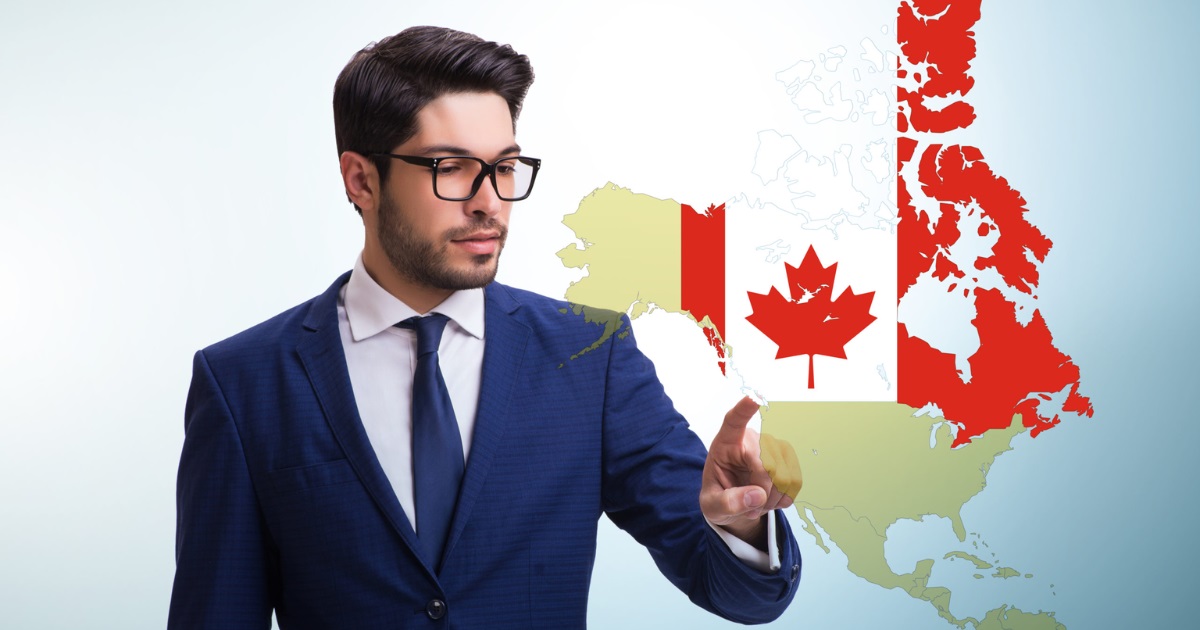Canada Visa Requirements – What You Need to Know Before You Apply

Getting a Canadian visa can feel like trying to find your way through a maze. Whether your goal is to visit family, study, work, or even start a new life, understanding how the process works is the first real step. A Canadian visa is not just a stamp on your passport; it is your permission to enter, stay, and sometimes even build a future in one of the most welcoming countries in the world.
Many people dream of experiencing Canada’s beautiful cities, strong economy, and high quality of life. But here is the truth: no matter how exciting your plans are, the visa process is detailed. Missing a single requirement can slow everything down. So, if you are planning to apply this year, let us walk through what you need, how to prepare, and what to expect.
Do You Really Need a Canadian Visa
First, not everyone needs a full Canadian visa to enter the country. Whether you do depends on your nationality and purpose of travel.
If you are from countries like Nigeria, India, the Philippines, or Pakistan, you will need a Temporary Resident Visa (TRV). That is the document that gives you legal entry into Canada for a short stay.
If you are from the United States, the United Kingdom, or Australia, you might only need an Electronic Travel Authorization (eTA). It is faster and easier to get than a visa, but it serves the same purpose: permission to enter Canada legally.
The Visitor Visa for Tourists and Short Trips
If you are planning to explore Canada, attend meetings, or visit loved ones, the visitor visa is what you will need. It is the most common type of Canadian visa, but it still requires careful preparation.
Start with a valid passport that will not expire soon. Then, complete your application form carefully because every detail matters. You will also need to prove that you can afford your trip. Immigration officers usually ask for bank statements or other financial documents showing that you can pay for your stay and return home afterward.
They will also look for strong ties to your home country. Maybe you have a steady job, own property, or have family responsibilities. These connections show that you intend to return after your visit, which is an important factor for approval.
You will also need to pay a visa fee, submit biometrics, and clearly explain your purpose for visiting. It might seem like a lot, but each step helps ensure that visitors enter Canada responsibly and follow the rules.
The Super Visa for Parents and Grandparents
If your goal is to spend more time with family in Canada, there is something called the Super Visa. This visa is a longer-term option for parents and grandparents of Canadian citizens or permanent residents.
Unlike a regular visitor visa, the Super Visa lets you stay for up to five years at a time and is valid for multiple entries over ten years. To qualify, you will need an invitation letter from your child or grandchild, proof of your relationship, and evidence that your host meets a certain income requirement.
You will also need valid health insurance from a Canadian provider and a completed immigration medical exam.
The beauty of this visa is that it keeps families together longer without the hassle of renewing short-term visas. It is perfect for those who want to be part of their loved ones’ lives rather than only visiting occasionally.
The Study Permit for International Students
Canada has become one of the top destinations for higher education and for good reason. World class universities, diverse communities, and a safe environment make it an excellent choice.
If your course lasts longer than six months, you will need a study permit instead of a regular visa. To apply, you must have a letter of acceptance from a recognized institution, often called a Designated Learning Institution (DLI). You will also need to prove that you can afford tuition, housing, and living expenses.
A short personal statement explaining your academic goals helps too. Immigration officers look for clear purpose and motivation. They want to see that you are serious about your studies.
In some cases, you may need a medical exam and biometrics. Canada often prioritizes students studying in fields that benefit its labor market, such as technology, health care, and engineering. Choosing a program that aligns with Canada’s needs can improve your chances of approval.
The Work Permit for Skilled Professionals
If you have a job offer from a Canadian employer, you will likely need a work permit. There are two main types: closed work permits and open work permits.
A closed work permit ties you to a specific employer. In most cases, that employer must first get a Labor Market Impact Assessment (LMIA), which confirms that no Canadian citizen or permanent resident is available for the position.
An open work permit, on the other hand, gives you flexibility to work for almost any employer. It is often available to spouses of international students or skilled workers and to graduates under the Post Graduation Work Permit (PGWP) program.
Whatever your route, make sure your documents clearly prove your skills, qualifications, and experience. Being organized can save you from unnecessary delays.
Temporary Visas That Lead to Permanent Residency
Here is something many people do not realize: a temporary Canadian visa can actually be your first step toward permanent residency.
Two of the most common pathways are the Express Entry system and the Provincial Nominee Program (PNP). Express Entry uses a point-based system that scores you on factors like age, education, work experience, and language skills. The higher your score, the better your chances of receiving an invitation to apply for permanent residence.
The Provincial Nominee Program works a bit differently. Provinces select candidates who have skills and experience that their local economies need. If you are nominated by a province, your chances of becoming a permanent resident increase significantly.
While a temporary visa does not guarantee permanent residency, it can strengthen your future application, especially if you have gained Canadian experience and maintained a clean record.
Smart Tips for a Stronger Visa Application
Applying for a Canadian visa is not about luck. It is about preparation. People who get approved usually have one thing in common: their applications are complete, accurate, and organized.
Start early. Processing times can be long depending on your country. Double check every form for mistakes, make sure your documents are current, and always be honest. Immigration officers take misrepresentation seriously, and false information can get you banned from future applications.
If you are visiting family, include solid proof of your relationship. If you are studying, provide your admission letter and financial documents. If you are working, attach job offers and certifications. Every document you provide helps tell your story clearly.
Finally, make sure you apply for the right visa type. Many people are rejected simply because their purpose does not match the visa category they selected.
Life After Getting Your Canadian Visa
Once your Canadian visa is approved, the excitement begins. Whether you are traveling for a few weeks or a few years, the first days can feel both thrilling and overwhelming.
You will need to arrange accommodation, understand local transport, and adjust to the weather. It is a big transition, but it is also a chance to experience something new.
Students often discover diverse classrooms and new learning styles. Workers enter a stable, fair labor market. Families finally reunite after years apart. Each moment makes the effort worthwhile.
The paperwork, the waiting, and the interviews all lead to that one rewarding moment when you arrive in Canada ready to start a new chapter.
My Final Thoughts on the Canadian Visa Requirements
Applying for a Canadian visa is not just about filling forms; it is about showing readiness, clarity, and intent. Canada’s immigration system rewards those who plan carefully and submit complete, truthful applications.
Before applying, always check the most recent updates on the official Government of Canada immigration website. Rules can change, and staying informed can save you from costly mistakes.
If you ever feel uncertain, consider reaching out to a licensed immigration professional. Their guidance can make a huge difference.
The process may be detailed, but it is achievable. With patience, organization, and the right mindset, your goal of visiting, studying, or working in Canada can become a reality. It all begins with understanding the Canadian visa process the right way.













